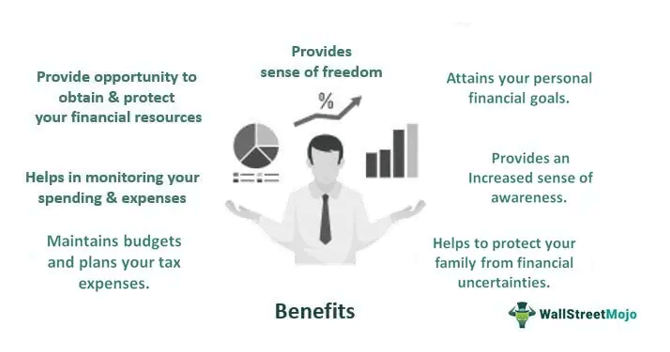Buying a home is a significant financial investment, and for most people, it’s the largest purchase they’ll ever make. While exciting, the process can be stressful and confusing, especially for first-time homebuyers. In addition to finding the perfect home, you need to manage your personal finances and navigate the complex mortgage process.
This guide will provide you with tips on how to manage your personal finances while purchasing your first home.
Budgeting
Before you start looking for a home, it’s essential to create a budget that takes into account all of your expenses, including mortgage payments, property taxes, insurance, utilities, and maintenance costs. You’ll also need to factor in any additional expenses associated with homeownership, such as repairs and renovations.
Creating a budget will help you determine how much you can afford to spend on a home, which will help you narrow down your search and avoid overspending. You can use online tools, such as mortgage calculators and budgeting apps, to help you track your expenses and stay on top of your finances.
Saving for a Down Payment
Most lenders require a down payment when you purchase a home, typically ranging from 3% to 20% of the purchase price. The larger your down payment, the lower your monthly mortgage payments will be, so it’s essential to save as much as possible before you start the home buying process.
To save for a down payment, you can set up a dedicated savings account and automate your contributions. You can also cut back on expenses, such as eating out or entertainment, and redirect that money towards your savings. You may also consider alternative sources of funding, such as down payment assistance programs or borrowing from your retirement savings.
Navigating the Mortgage Process
The mortgage process can be complex and overwhelming, especially for first-time homebuyers. It’s important to educate yourself on the different types of mortgages, including fixed-rate and adjustable-rate mortgages, and understand the pros and cons of each.
You’ll also need to shop around for a lender and compare their rates and fees. Be sure to get pre-approved for a mortgage before you start looking for a home, as this will help you determine your budget and make your offer more attractive to sellers.
Managing Your Finances After Purchase
Once you’ve purchased your home, it’s essential to continue to manage your finances effectively. This includes budgeting for ongoing expenses, such as property taxes and maintenance costs, and saving for emergencies and future goals.
It’s also important to keep up with your mortgage payments and avoid taking on too much debt. You can use online tools, such as budgeting apps and debt calculators, to help you stay on track and avoid overspending.
Conclusion
Buying your first home is a major milestone in your life, but it requires careful financial planning and management. By creating a budget, saving for a down payment, and navigating the mortgage process, you can purchase your dream home without sacrificing your financial stability. Be sure to continue to manage your finances effectively after purchase, and you’ll be well on your way to a successful homeownership journey.






